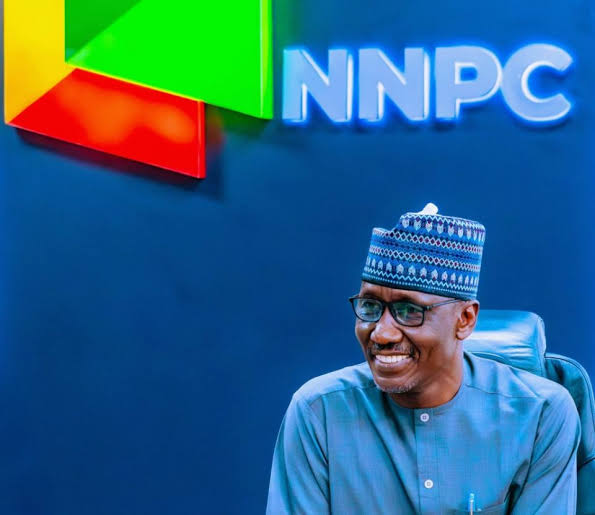
The Nigerian National Petroleum Company Limited (NNPC) has clarified its stance on the importation of petroleum products, affirming that it has not ceased importing fuel into Nigeria. This statement, made by NNPC spokesperson Olufemi Soneye on Thursday, comes amid public discussion sparked by recent comments from the Group Chief Executive Officer, Mele Kyari.
In his address at the Nigerian Association of Petroleum Explorationists conference, Kyari stated, “Today, NNPC does not import any product; we are only taking from domestic refineries.” This statement led to reports suggesting that NNPC had halted fuel imports entirely. Soneye, however, emphasized that Kyari’s remarks were misinterpreted. While NNPC prioritizes sourcing products from local refineries, he clarified that this strategy is based on cost-effectiveness and does not preclude importation when necessary.
“The GCEO’s statement should not be construed to imply that NNPC Ltd is obligated to be the sole off-taker of any refinery or that we will no longer import fuel,” Soneye stated. He highlighted that NNPC’s decisions are guided by economic viability, explaining that both NNPC and other fuel marketers will weigh the costs between domestic supply and imports.
Soneye also noted that under the Petroleum Industry Act (PIA), the Nigerian Midstream and Downstream Petroleum Regulatory Authority holds the exclusive power to issue import licenses. NNPC, as per the Act, controls less than 30 percent of the fuel market, aligning with a free-market system intended to foster competition, lower costs, and benefit consumers.
Commending recent media coverage for accurately highlighting NNPC’s investments in Compressed Natural Gas infrastructure, Soneye reiterated the company’s commitment to energy security and affordability initiatives. He added that NNPC’s choice between sourcing locally and importing will continue to be grounded in practical economic considerations rather than a mandated policy to end imports.
While addressing claims of alleged reluctance to sell crude in naira, Kyari explained that selling crude domestically in naira would essentially result in a “net zero gain.” He expressed support for President Bola Tinubu’s recent initiatives aimed at reforming the sector, noting that any shift from imports to domestic sourcing would merely act as a currency-based substitution rather than a cost-saving measure.
In sum, NNPC affirmed it remains open to imports and will evaluate market conditions to ensure energy stability and cost efficiency for Nigerians.
